You might think that at creditcardGenius we would always recommend reaching for a credit card, but not so fast.
Credit cards offer convenience and rewards, but cash has its virtues, too (as do debit or prepaid credit cards). For example, cash transactions offer anonymity and there’s no risk of overspending – you can’t spend more cash than you carry.
To settle the issue once and for all, we’ll cover the pros and cons of each payment method and highlight situations to use each one, so you can confidently make your next payment.
Never miss an amazing deal again + get our bonus 250+ page eBook for FREE. Join 50,000 other Canadians who receive our weekly newsletter – learn more.
Cash vs. credit card: pros and cons of using of cash
Over the years, debit and credit cards have made payment so much easier. That said, cash still has a place in everyone's wallet.
| Pros | Cons |
|---|---|
| * You can’t spend more than you have * Your transaction is anonymous * Cash is accepted almost everywhere * Great to set aside for emergencies * You’re not charged interest | * You can’t use cash online * Cash isn’t secure * It’s a hassle to withdraw and handle * Tracking your expenses is harder to do * You don’t earn rewards |
Pros of using cash
Here are the pros to using cash as your method of payment.
1. You can only buy what you can afford: With cash, you can’t overspend. You can physically see how much you pay in each transaction as well as how much is left in your wallet.
2. Your transaction is anonymous: If you don’t want a paper trail of your purchases, cash is the way to go.
3. Cash is accepted almost everywhere: Unless you’re paying for a small purchase with a large bill, it’s unlikely that a merchant won’t take cash.
4. It’s great to have for emergencies: No one likes having to dip into savings for an emergency, but knowing that you’ve got a stash of cash within easy access can make dealing with the emergency much easier.
5. You don’t have to pay interest on your purchases: Once you’ve handed a merchant your cash and received change, the transaction is over. You won’t start accruing interest or add to your overall debt when you pay with cash.
Cons of using cash
There are some obvious cons of using cash. Here are some of the bigger ones.
1. You can’t use cash for shopping or booking travel online: Sure, there are a few workarounds, like using PayPal, but it’s a lot more convenient to use a credit card than having to shuffle money around.
2. It’s less secure: If your wallet or purse gets stolen, and it's loaded with cash, you may not see it again. Compare that to credit cards, where your issuer can cancel the card and send you a new one immediately.
3. Cash isn’t convenient and it’s dirty to handle: It’s annoying to seek out cash from ATMs or make regular trips to banks or merchants that offer cash back. Plus, if you use an ATM or bank outside of your bank’s network, you’ll be hit with a convenience charge. Oh, and if you’ve ever been handed grimy bills back, you’ll know that sometimes, you don’t want cash in your wallet.
4. It’s harder to track your expenses: If you’re trying to monitor your spending habits, you’d better be good at holding onto receipts and actually tracking the purchases.
5. You don’t earn rewards for your spending: Responsible credit card users get rewards like miles, points, or cash back. People using cash completely miss out on these nice perks.
Cash vs. credit card: pros and cons of using credit cards
There's a lot to love about using credit cards.
Yes, a couple of these pros also apply to debit cards, but only credit cards take full advantage of our list.
| Pros | Cons |
|---|---|
| * They’re easy to use almost anywhere * Credit cards often come with rewards * Credit cards are a more secure payment method * They’re the easiest method for making payments abroad * They often come with insurance and perks * Responsible use can boost your credit score | * It’s possible to overspend * You’ll pay interest on your credit card balance * Your credit score could be damaged if you miss payments * Premium credit cards have annual fees * You add to your overall debt if you don’t pay off the card |
Pros of using credit cards
1. Paying by card is convenient and widely accepted: More and more retailers accept credit cards, and tapping your card over the reader is faster than counting coins and bills. Plus, credit cards take up less space in your wallet.
2. Most cards offer rewards or cash back: You can earn travel rewards or cash back even if you only use your card to pay for groceries or bills. Splash out on trips or large purchases, and you’ll earn even more rewards.
3. Credit cards have better security: If your card is lost or stolen, just call your card issuer. You won't be on the hook for any purchases made afterwards (as long as you notify them as soon as you realize). They'll cancel your card, secure your account, and send you a new one.
4. They’re the easiest way to make payments abroad: For the international online shopper or traveller, a credit card that has no foreign transaction fees is one of the best ways to pay for purchases in foreign currency, getting you as close as you can to the perfect exchange rate.
5. You’ll get valuable insurance coverage and perks: Although coverage varies, you can get handy benefits like free roadside assistance, airport lounge access, mobile device coverage, and travel insurance.
6. You can improve your credit score with responsible use: The big warning is that you have to stay on top of your credit card bills for this to be a benefit. Your regular payments will be reported to credit monitoring bureaus, and your credit score will get a boost.
Cons of using credit cards
Sadly, credit cards aren't perfect. Here are a few downsides to credit cards.
1. It’s easy to spend more than you intend: Credit cards are so convenient to use that before you know it, you might blow your budget. If you’re not careful (and your card allows it), you might even spend past your credit limit, which can result in hefty fees.
2. You’ll be charged interest on your credit card balance. If you don’t pay off your debt every month, your card issuer will charge you interest. The average interest rate in Canada is around 20%. Keep that in mind when you’re charging things to your card.
3. Your card might charge an annual fee: Not every card costs money, but premium cards with better perks and rewards will charge you an annual fee.
4. Your overall debt can increase: If you don’t stay on top of your monthly payments, your debt could spiral out of control, especially after interest and fees are added. To avoid credit card debt, make a point of limiting your card use until you pay your card off.
When is cash best?
Okay, so you’ve got the explanations of why cash can be better in some situations. Here are some examples of real-life uses when cash is king:
- You want to leave a tip.
- You’re heading to the store and want to stick to your budget.
- You’re shopping at a retailer that doesn’t accept cards.
- You’re buying gifts for a partner who shares your bank account and want to keep your purchases private.
- You’re making a small purchase at a yard sale or thrift store.
- You’re trying to teach your child about mindful spending.
- You’re shopping for the holidays and don’t want to pay interest on your gifts.
When are credit cards best?
As you know, there are other times when reaching for plastic is the best option. Here are a few examples of when paying by card is best:
- You’re shopping or booking travel online.
- You’re making a big purchase and want purchase protection or extended warranty coverage.
- You’re travelling and want travel insurance like rental car coverage or roadside assistance.
- You’re travelling abroad and making purchases in a foreign currency.
- You’re making a big purchase and want purchase protection or an extended warranty.
- You want to earn rewards for your purchases.
- You have a poor or low credit score that you want to improve.
- You’re unsure how much money you’ll need.
However, keep in mind that different credit cards offer different benefits. Make sure to check that your card offers the insurance you’re looking for. And to truly optimize your spending, know which of your cards offer the best rewards in each spending category, so you can maximize your cash back or points.
Top credit card offers
Looking to get a new credit card right now?
Here are some of our top credit card offers to consider. This list includes premium and no fee options – and even a prepaid card.
| Credit Card | Welcome Bonus | Earn Rates | Annual Fee, Income Requirements | Apply Now |
|---|---|---|---|---|
| American Express Cobalt® Card | Up to 15,000 points (terms) | * 5 points per $1 spent on eligible groceries and restaurants (up to $2,500 spent per month) * 3 points per $1 spent on eligible streaming services * 2 points per $1 spent on eligible gas, transit, and ride share purchases * 1 point per $1 spent on foreign currency purchases * 1 point per $1 spent on all other purchases | * $191.88, charged out as $15.99 per month * No income requirements | Apply Now |
| Scotia Momentum® Visa Infinite* Card | 10% cash back for the first 3 months, up to $2,000 in spend (terms) | * 4% cash back on groceries and recurring bill payments * 2% cash back on gas, transit, rideshares, and food delivery * 1% cash back on all other purchases | * $120, first year free * $60K personal/$100K household income requirement | Apply Now |
| Brim World Elite Mastercard | None (terms) | * 1% cash back on all purchases | * $89 * $80K personal/$150K household income requirement | Apply Now |
| MBNA Rewards Platinum Plus® Mastercard® (QC) | (terms) | * 2 points for every $1 spent on restaurants, groceries, and select recurring bills (up to $10,000 spent annually per category) * 1 point per $1 spent on all other purchases | * $0 * No income requirements | Apply Now |
FAQ
Is cash better than a credit card?
If you overspend, cash can be helpful as it limits you to what you carry. Plus, some small retailers only accept cash. But paying with cash means missing out on credit card perks like rewards, insurance, and purchase protections.
Do Canadians still use cash?
The volume of cash transactions has dropped significantly in recent years, from 33% of transactions in 2017 to just 10% in 2021. This raises concerns in Canada over the issue of access to cash and credit availability.
Is it smarter to use cash or credit?
Neither cash nor credit is consistently the better choice, and it really depends on what you’re trying to achieve with the transaction. Credit is often more convenient and secure, but cash can help keep transactions anonymous.
What are the disadvantages of cash?
Purchases you make with cash aren’t protected, and you don’t get useful benefits like insurance coverage. Plus, using cash won’t earn you valuable rewards like travel deals or cash back. It also doesn’t improve your credit score.
What are the best credit cards in Canada?
There are many excellent credit card options available to Canadians, but a few of your top choices include the American Express Cobalt® Card, American Express Cobalt® Card, MBNA Rewards World Elite® Mastercard®, and Rogers Red World Elite® Mastercard®.
creditcardGenius is the only tool that compares 126+ features of 228 Canadian credit cards using math-based ratings and rankings that respond to your needs, instantly. Take our quiz and see which of Canada's 228 cards is for you.


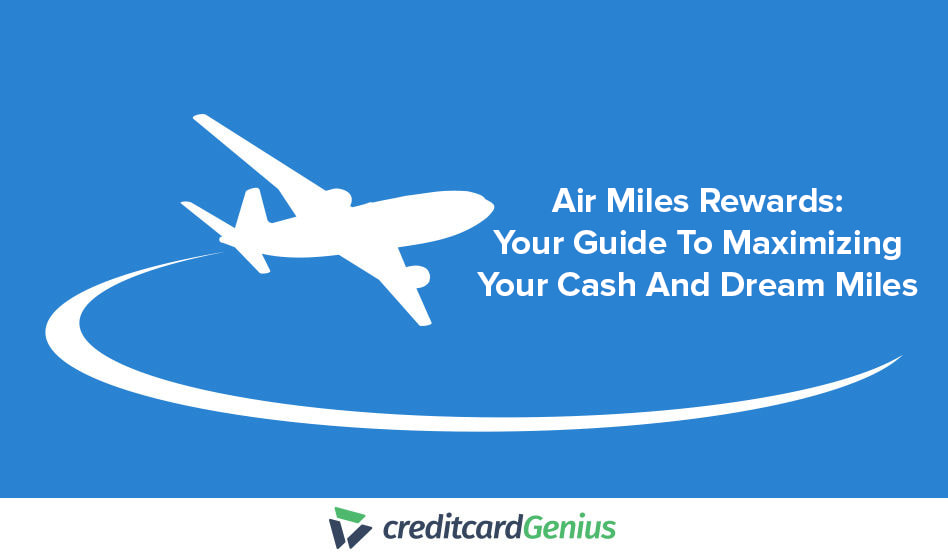
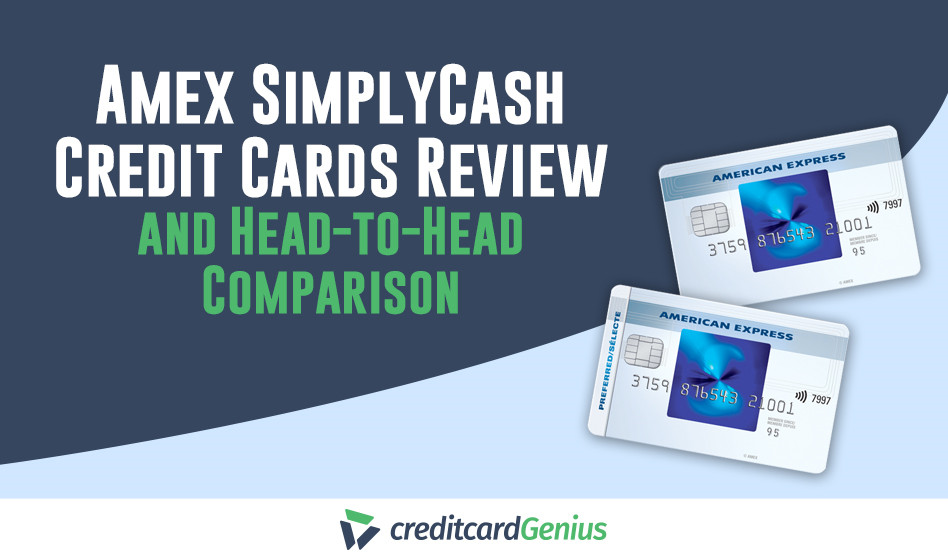

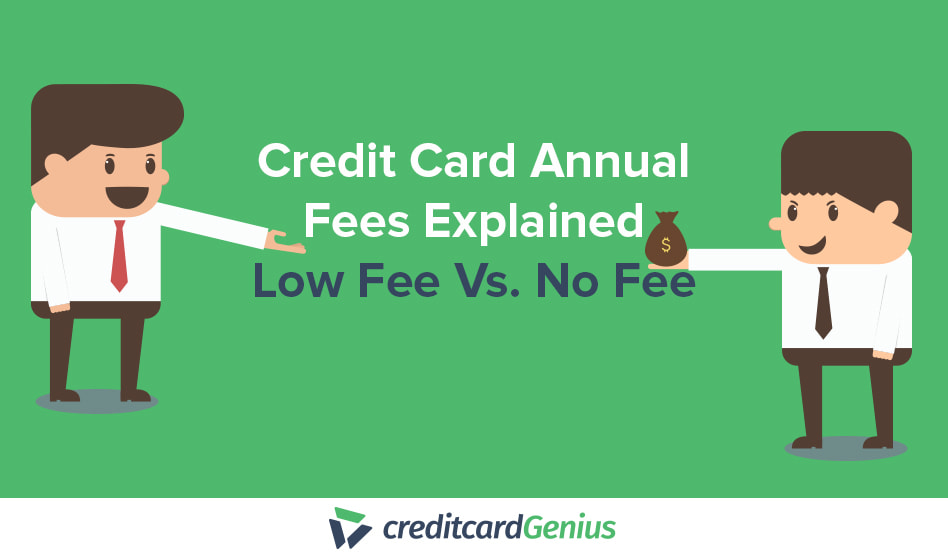












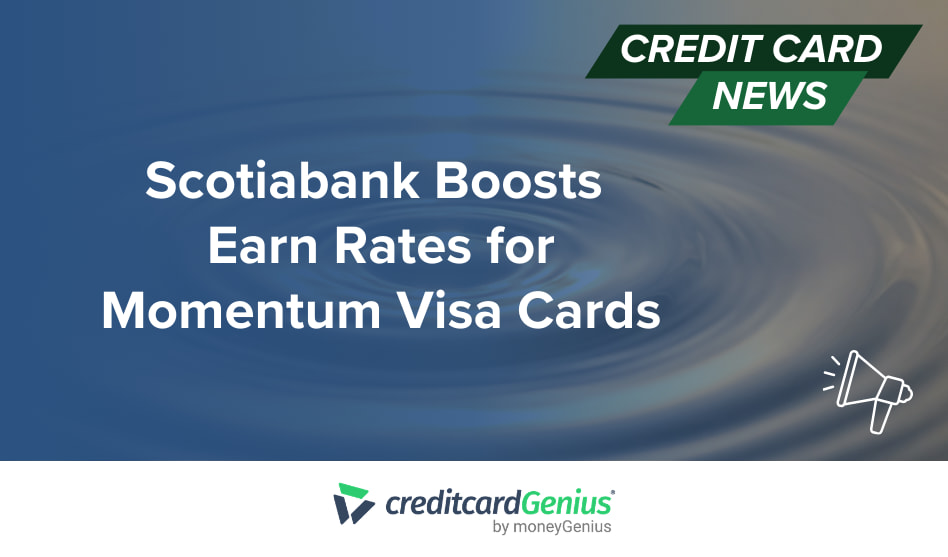

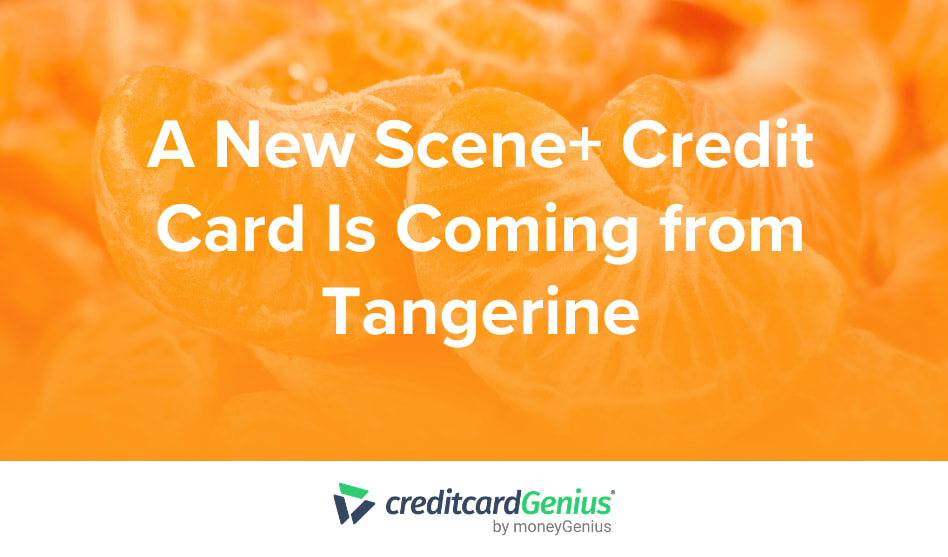




















Comments
Leave a comment
Required fields are marked with *. Your email address will not be published.
Showing 2 comments